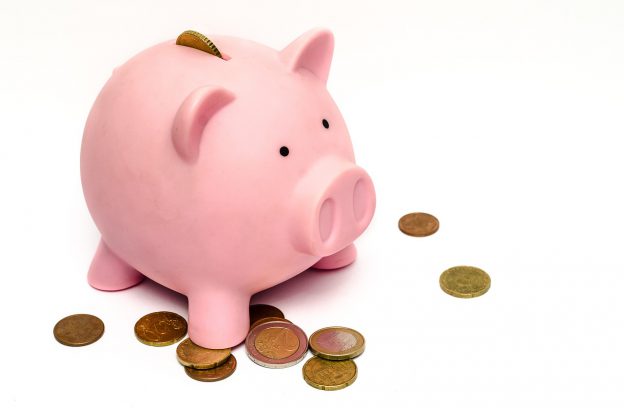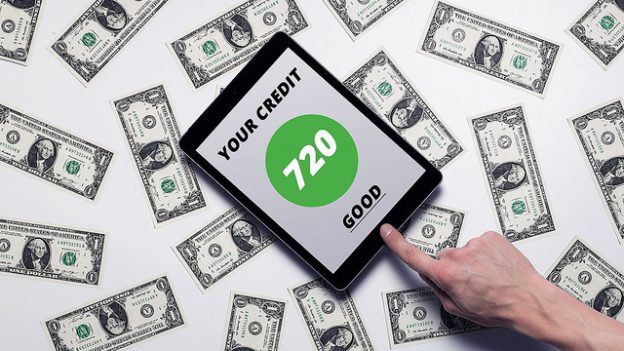
There is nothing more exciting than driving off the dealer’s lot in a brand new vehicle. However, before you can take the keys and drive home, you have to determine whether or not to buy the car or lease it.
Let’s take a look at a few of the factors that need to be considered before making such an important decision.
How Much Can You Afford to Spend?
If you don’t have a lot to spend each month, it may be best to lease the new vehicle. This is because the monthly payment is almost always lower when you lease as opposed to buy the vehicle.
However, you may need to pay a security deposit and an acquisition fee when you lease a vehicle that you don’t need to pay when you buy a car outright. Those who have a trade may be able to put their trade toward some or all of the money that needs to be paid upfront.
How Many Miles Do You Drive Each Year?
Those who drive more than 12,000 miles a year should consider buying instead of leasing. In most cases, the lease allows you to drive 12,000 miles a year before charging as much as 20 cents per mile or more after that.
Therefore, it could actually cost you more to lease if you have a long commute or travel regularly for any reason. The good news is that you may be able to prepay for additional miles if you think that you will need them.
How Long Do You Plan to Drive the Car?
Drivers who want to drive the latest model may want to consider a lease because they can simply turn in their current vehicle when the lease expires.
Whether you decide to buy or to lease, you get the same manufacturer’s warranty, which can be important if you want or need something that is reliable. As a general rule, if you don’t plan on driving the car for more than three years, opt for the lease.
Do You Know What You Want to Buy?
At any time during a lease, you can trade in the vehicle if you find something that you really want. You can also try to transfer the lease if you decide that your current driving arrangement isn’t working out.
When the lease expires, you can decide to buy the car at its residual value if you like it and can afford to keep making payments. By purchasing the car, you agree to pay for it until you sell it, trade it or make the final monthly payment.
Therefore, you are often better off leasing if you aren’t sure that you are ready to commit to a particular vehicle.
There is a lot to think about before deciding whether you want to buy or lease a vehicle. For those who aren’t ready to commit or can’t afford to make a large monthly payment, a lease may be the best decision.
However, if you plan on driving the car for a long time and rack up the miles each year, buying is probably the better option.
Photo: Joe Ross / CC 2.0









